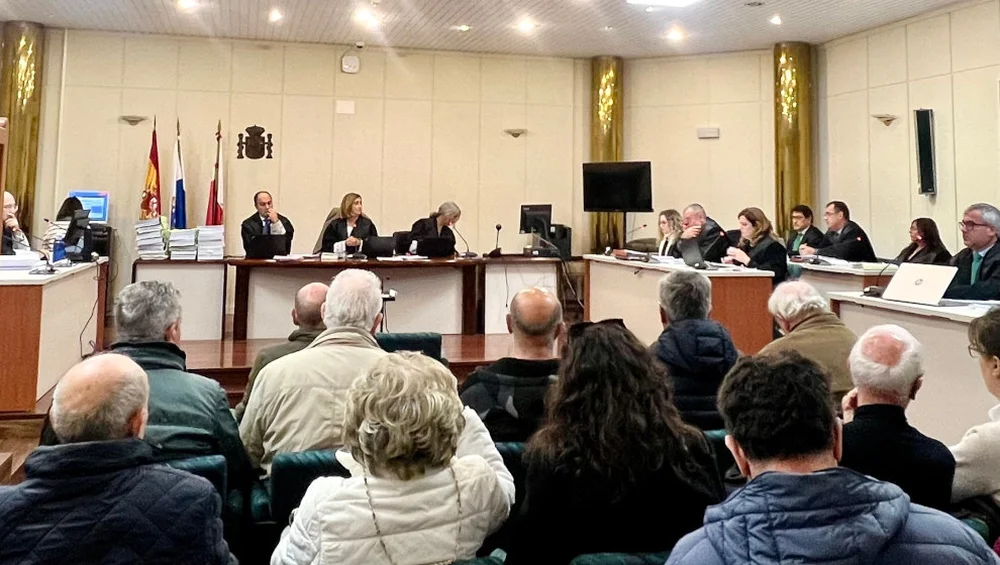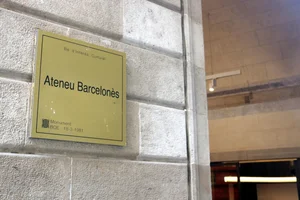Former Mayor of Castro Urdiales, Rufino Díaz, to Face Trial in 'Case of the Extra Salaries'

In a significant development in the ongoing legal battles involving local government officials in Cantabria, Spain, Rufino Díaz, the former mayor of Castro Urdiales, is set to appear in court for the highly publicized 'case of the extra salaries' (caso de los sobresueldos).
Background and Charges
Rufino Díaz, who served as the mayor of Castro Urdiales from 1991 to 2003, is among several former municipal officials implicated in the scandal. The case revolves around allegations of irregular payments and extra salaries made to certain municipal employees during his tenure. This practice is alleged to have been part of a broader pattern of mismanagement and misuse of public funds.
Trial Details
The trial, which commenced on November 14, 2024, involves not only Rufino Díaz but also other former municipal leaders. The proceedings are expected to shed light on the financial practices of the Castro Urdiales town hall during the late 1990s and early 2000s. The court is tasked with determining whether these extra salaries were legally justified or if they constituted an abuse of public funds.
Additional Context
The 'case of the extra salaries' is part of a larger narrative of financial mismanagement in Castro Urdiales. A former intervener of the municipality has described the management of public funds during that period as "absolutely chaotic and arbitrary," highlighting a culture of disorganization and potential corruption[4].
Implications and Public Reaction
The trial has significant implications for the community in Castro Urdiales and the broader region of Cantabria. It comes at a time when transparency and accountability in public office are under intense scrutiny. The case has sparked public interest and concern about the stewardship of public resources and the need for robust oversight mechanisms to prevent such abuses in the future.
As the trial progresses, it is expected to provide clarity on the extent of the irregularities and the roles of those involved, potentially leading to further reforms to ensure better governance in local administrations. For expats living in Spain, this case serves as a reminder of the ongoing efforts to enhance transparency and accountability in Spanish public institutions.




